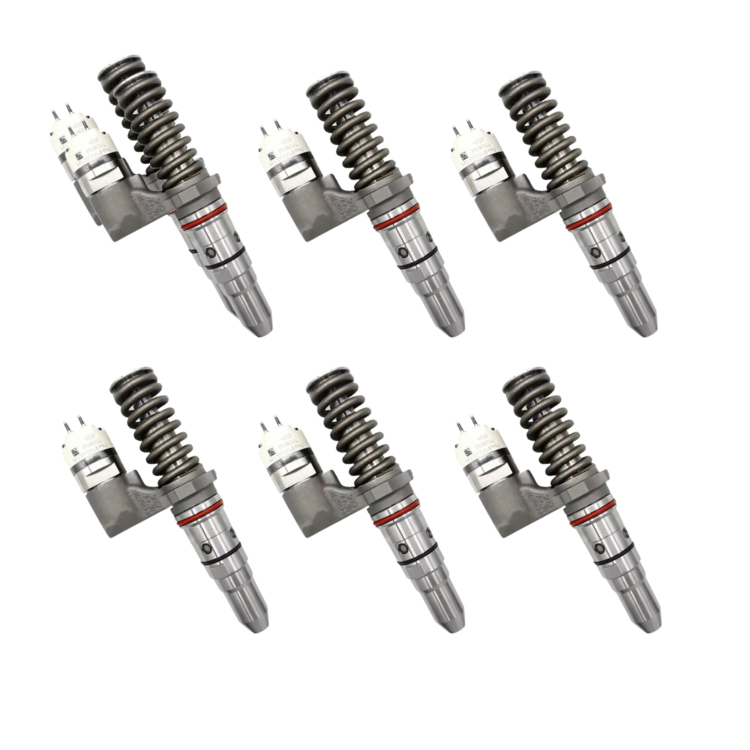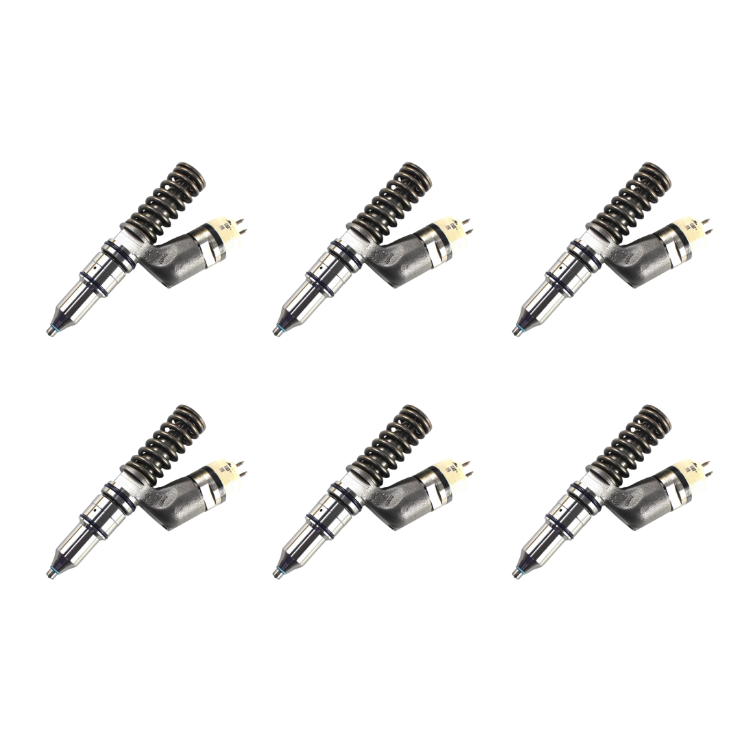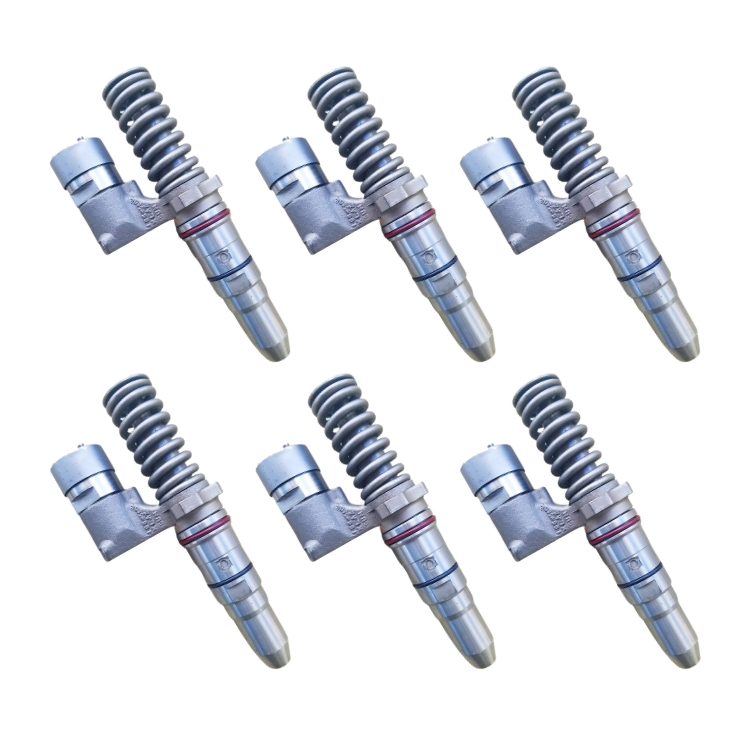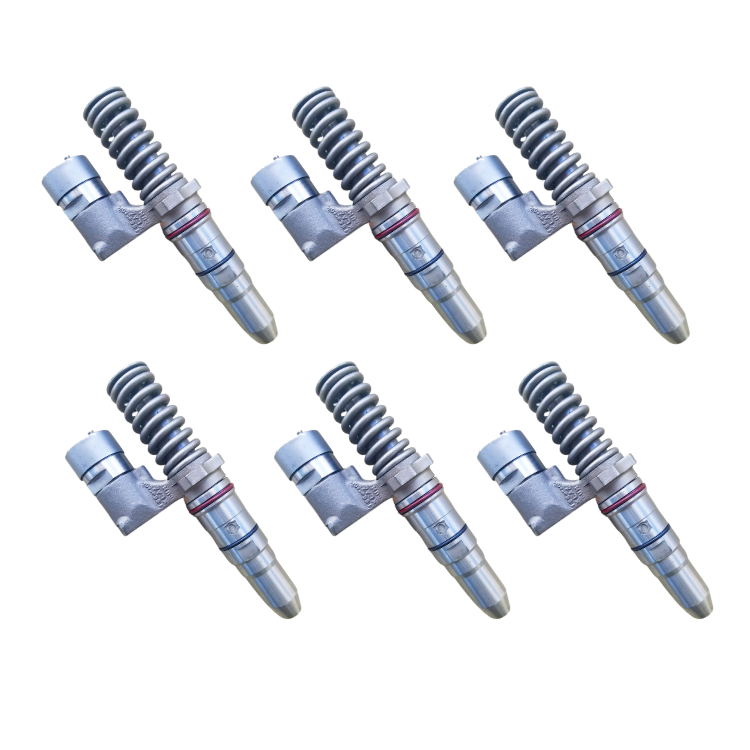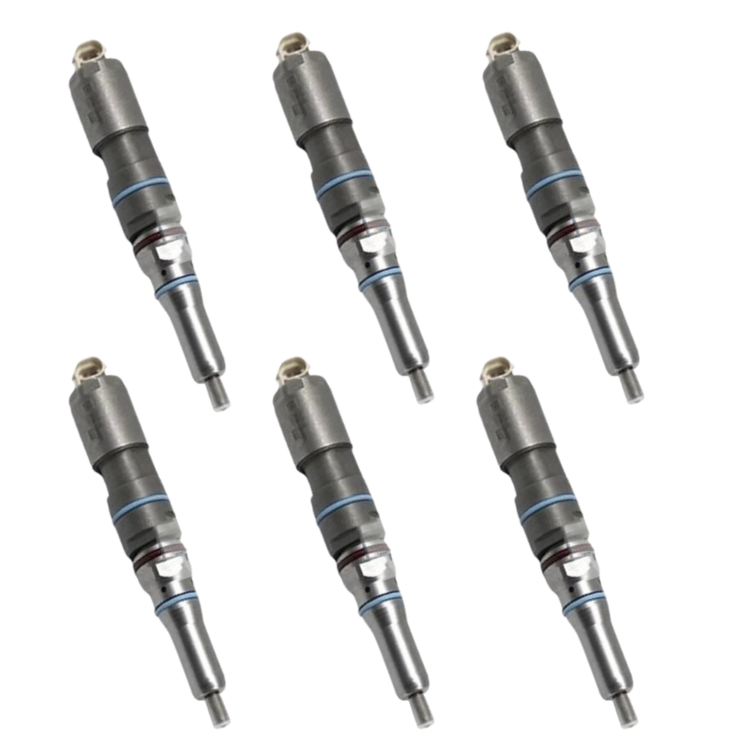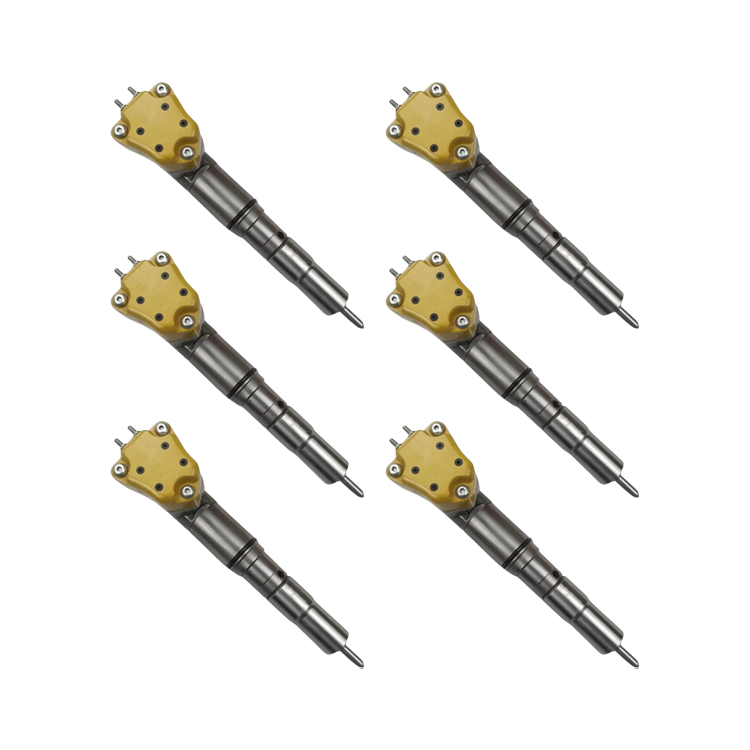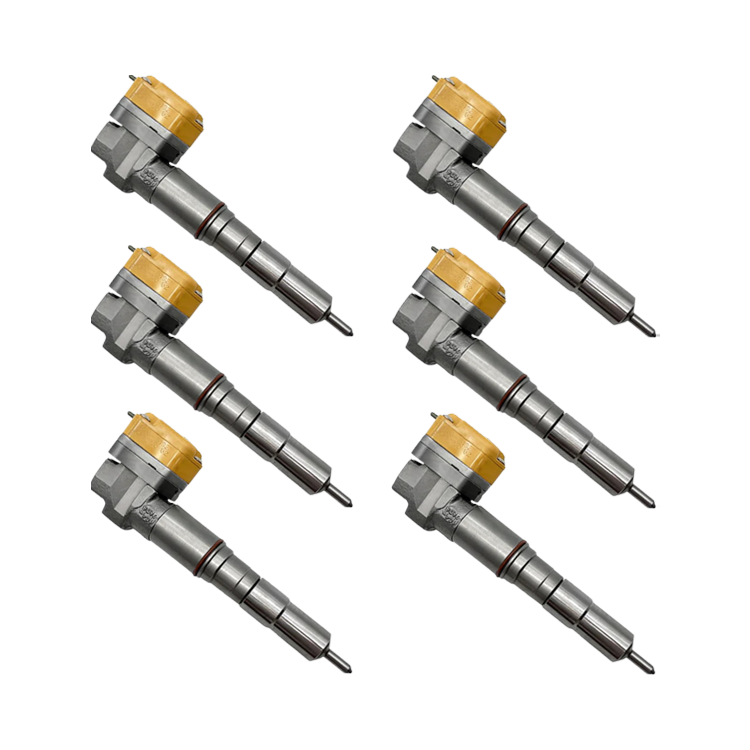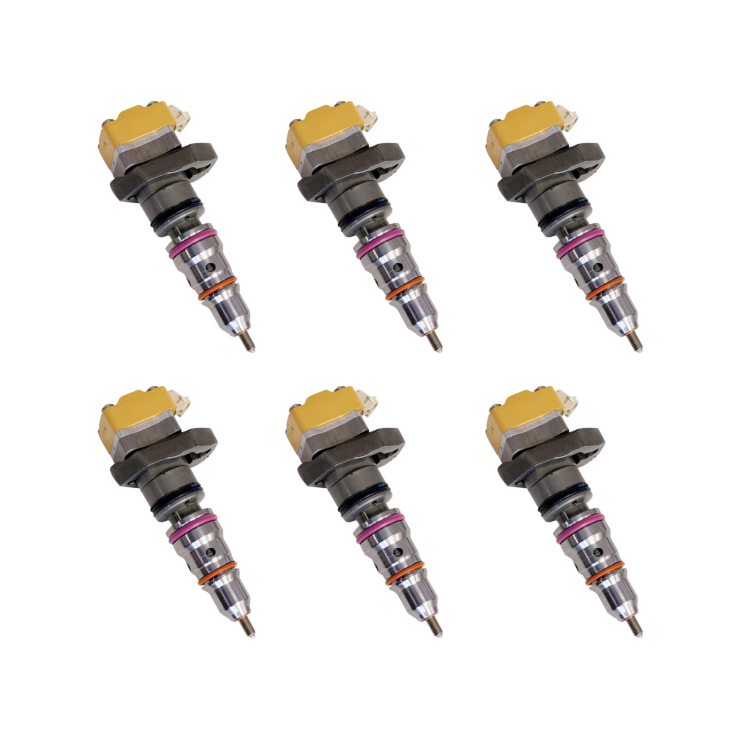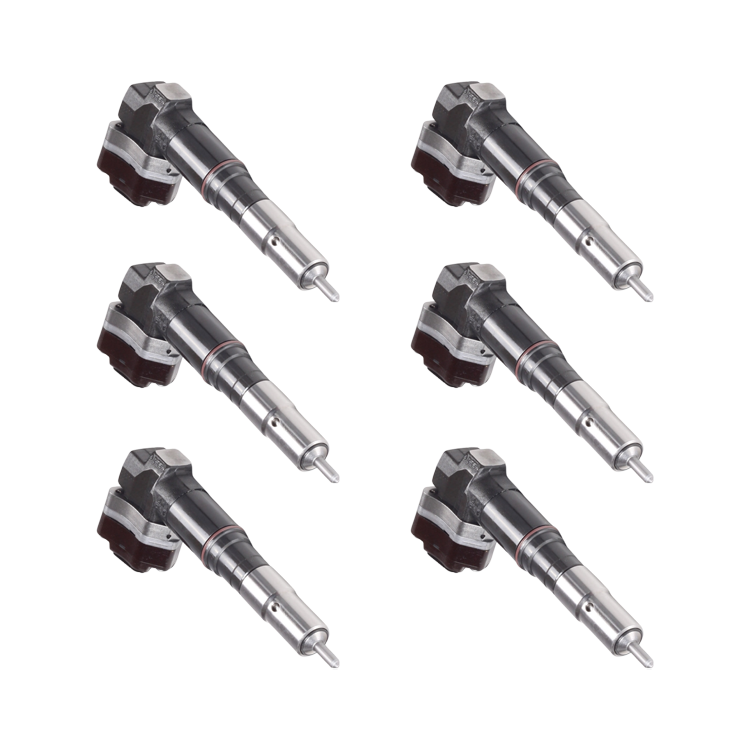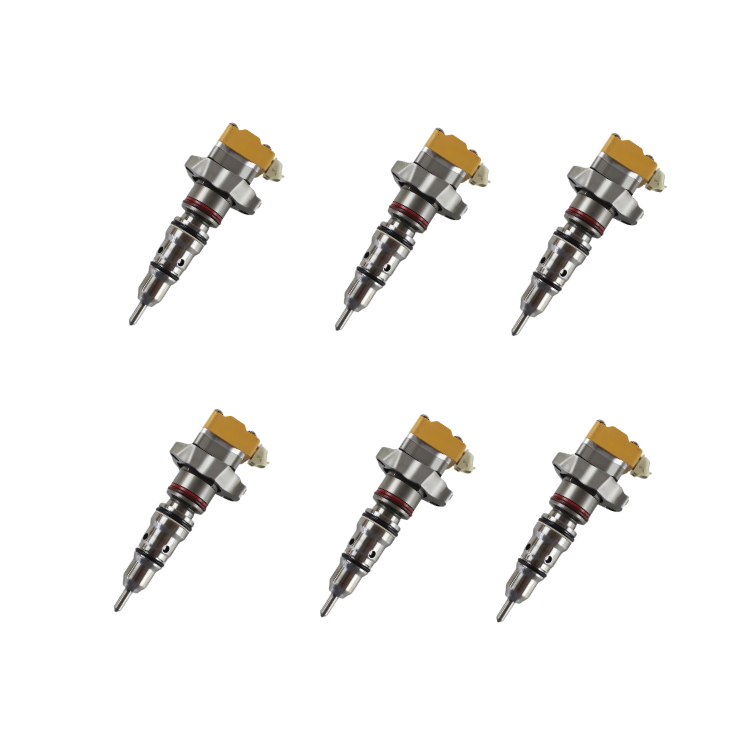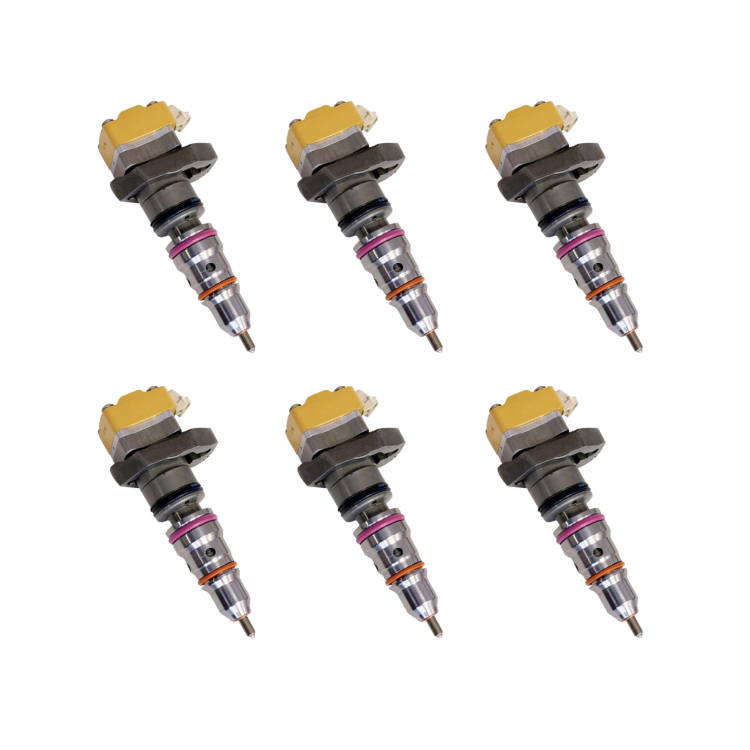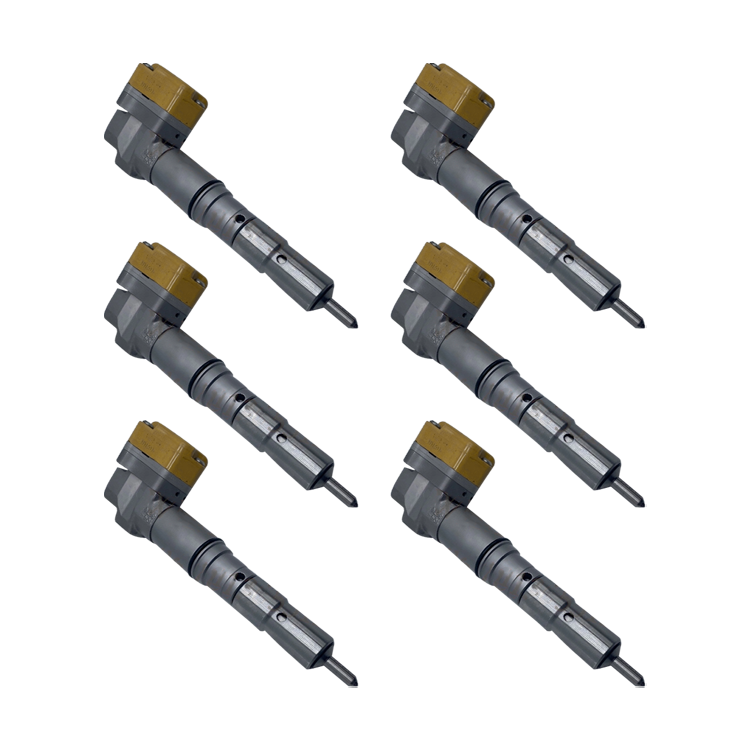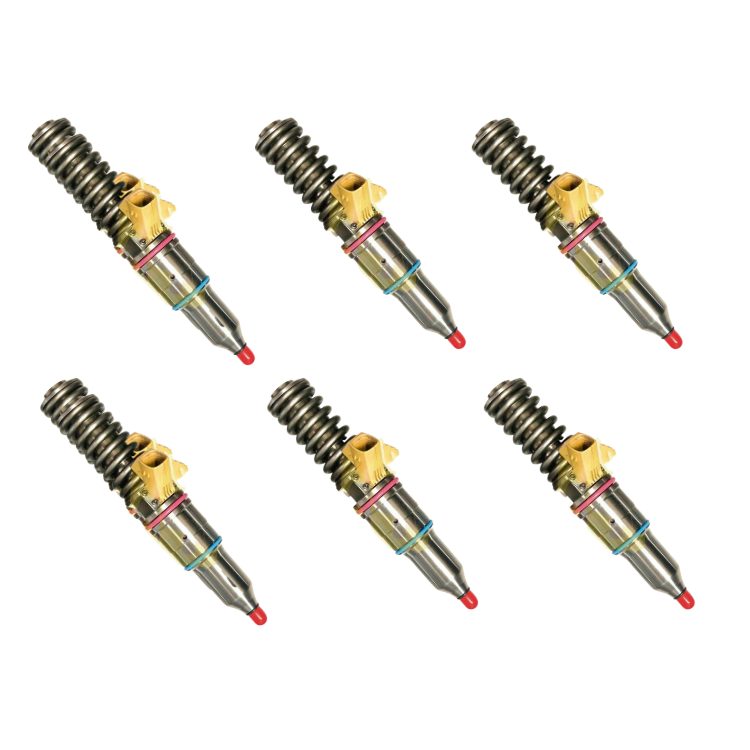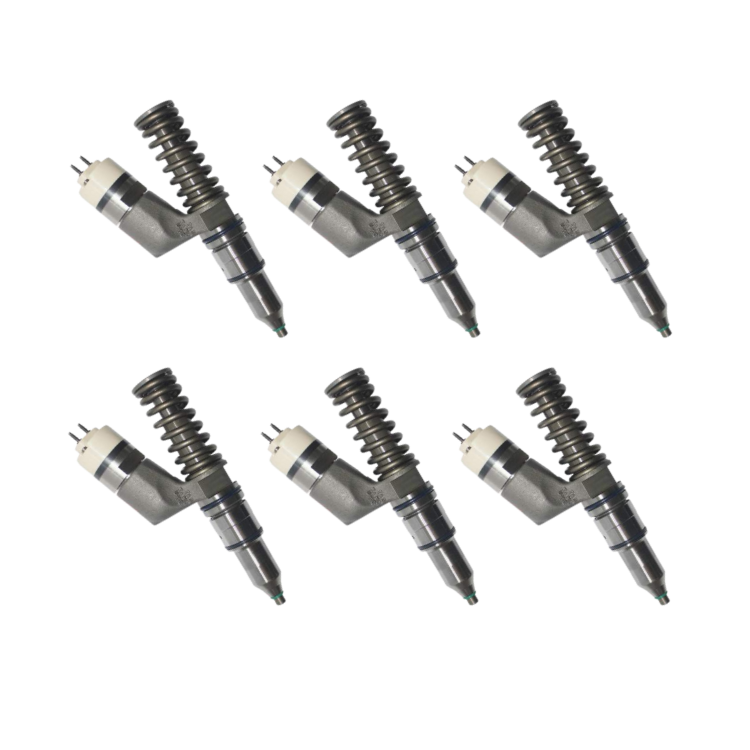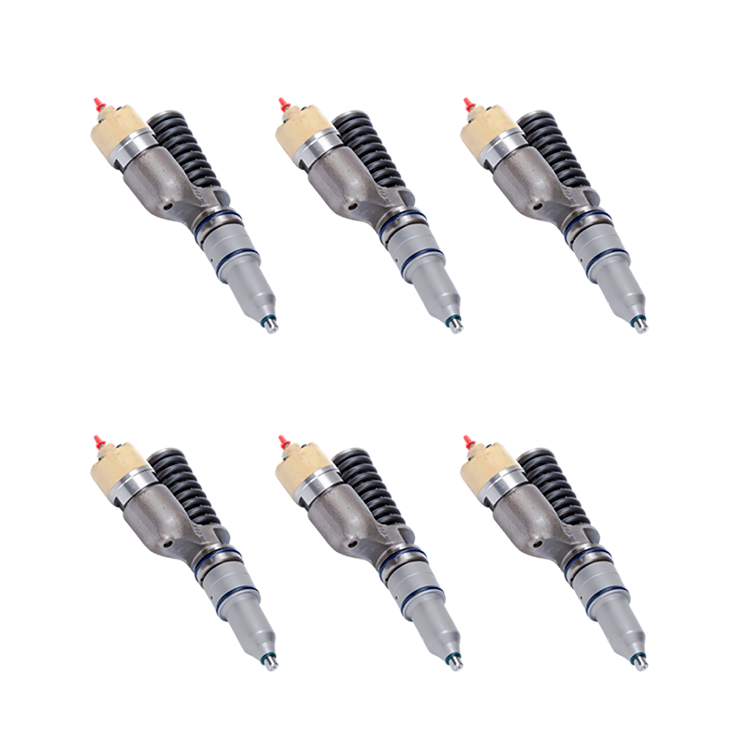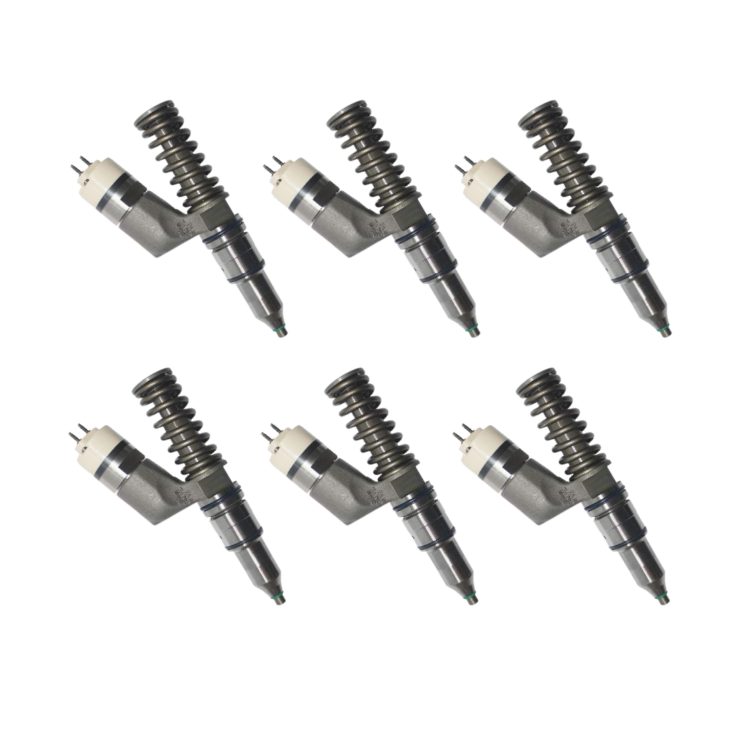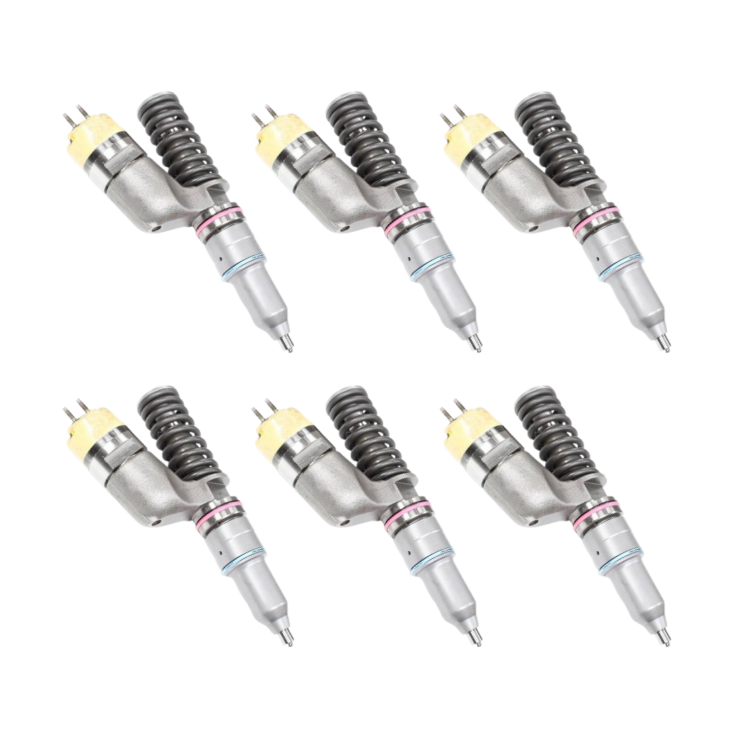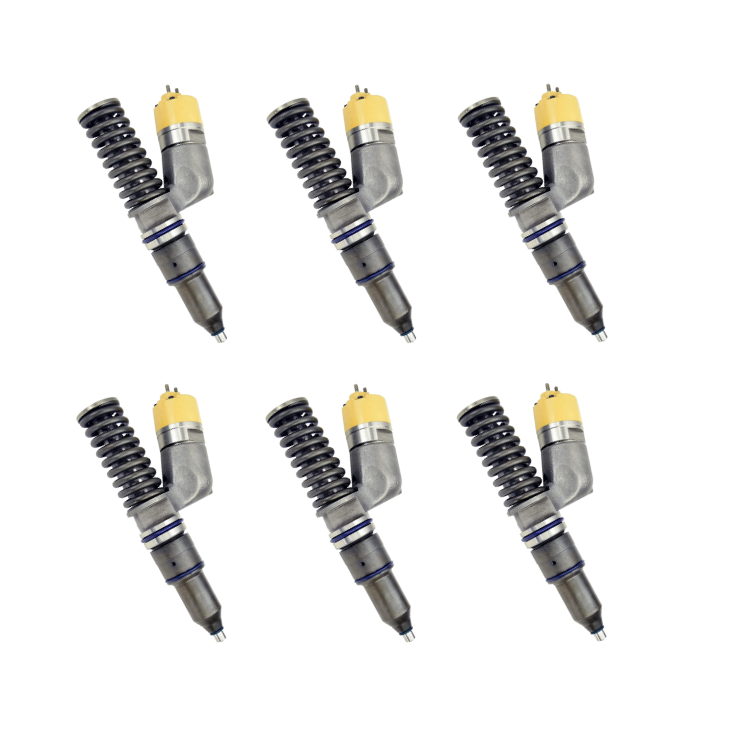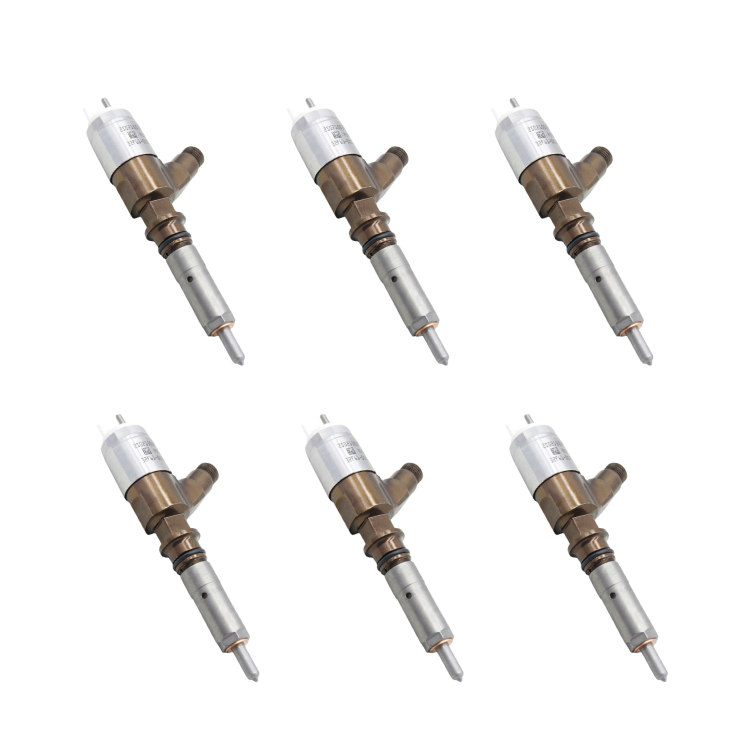Fuel injectors are vital components that ensure the precise delivery of fuel to your engine for optimal combustion and performance. When fuel injectors fail, it can lead to a host of engine issues, reduced fuel efficiency, and expensive repairs. Understanding what causes fuel injectors to fail can help you prevent problems and keep your engine running smoothly.
Common Causes of Fuel Injector Failure
Several factors contribute to fuel injector failure. Here are the most common reasons your fuel injectors may fail:
- Contaminated Fuel
- Dirty or contaminated fuel can clog injectors, leading to improper fuel flow. Particles and debris can accumulate inside the injector, preventing it from working correctly.
- Fuel Deposits
- Over time, carbon deposits can build up on the injector’s nozzle, affecting its ability to deliver fuel accurately. This often happens due to poor fuel quality or infrequent fuel system cleaning.
- Electrical Issues
- Faulty wiring or electrical problems can prevent the injectors from receiving the proper signals to function, leading to injector failure.
- Excessive Heat
- Fuel injectors are sensitive to high temperatures, and constant exposure to excessive heat can cause the internal components to wear out prematurely.
- Wear and Tear
- Like any other engine component, fuel injectors experience wear and tear over time. The seals, springs, and other moving parts can degrade, leading to injector leakage or failure.
- Poor Maintenance
- Neglecting regular maintenance, such as replacing fuel filters or using fuel system cleaners, can accelerate fuel injector wear and lead to failure.




























